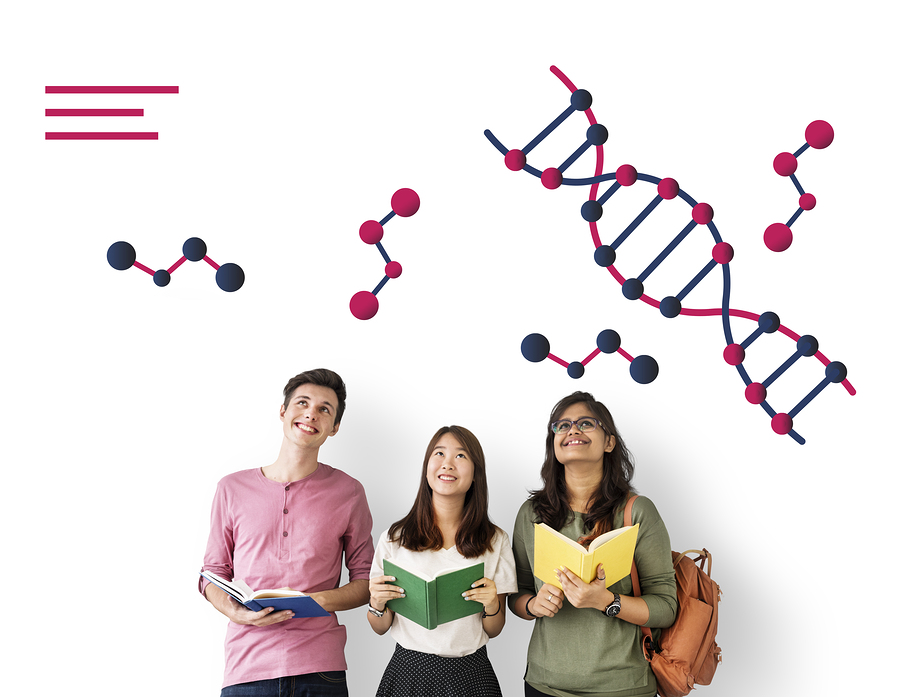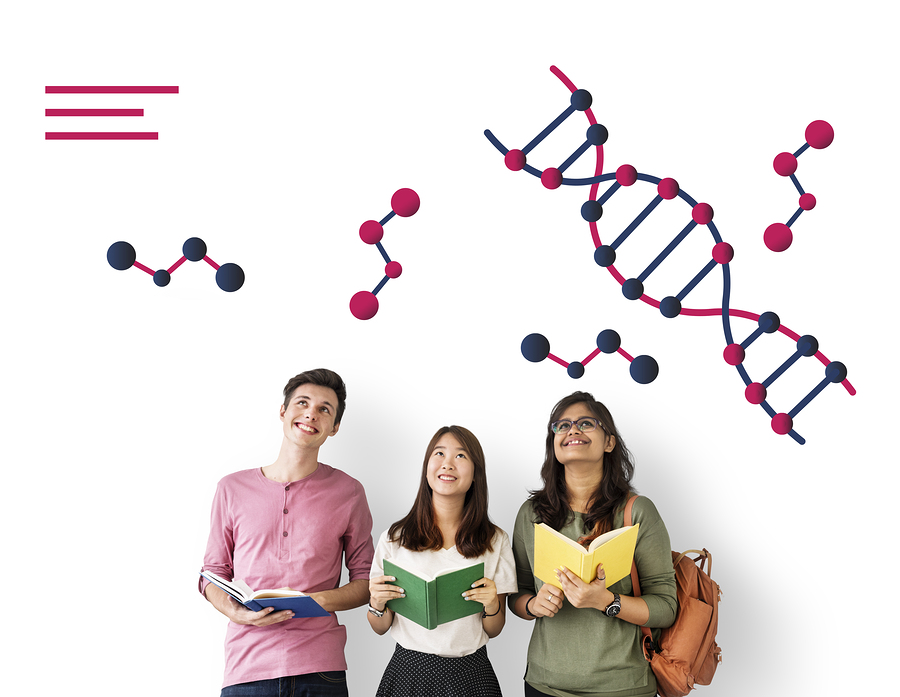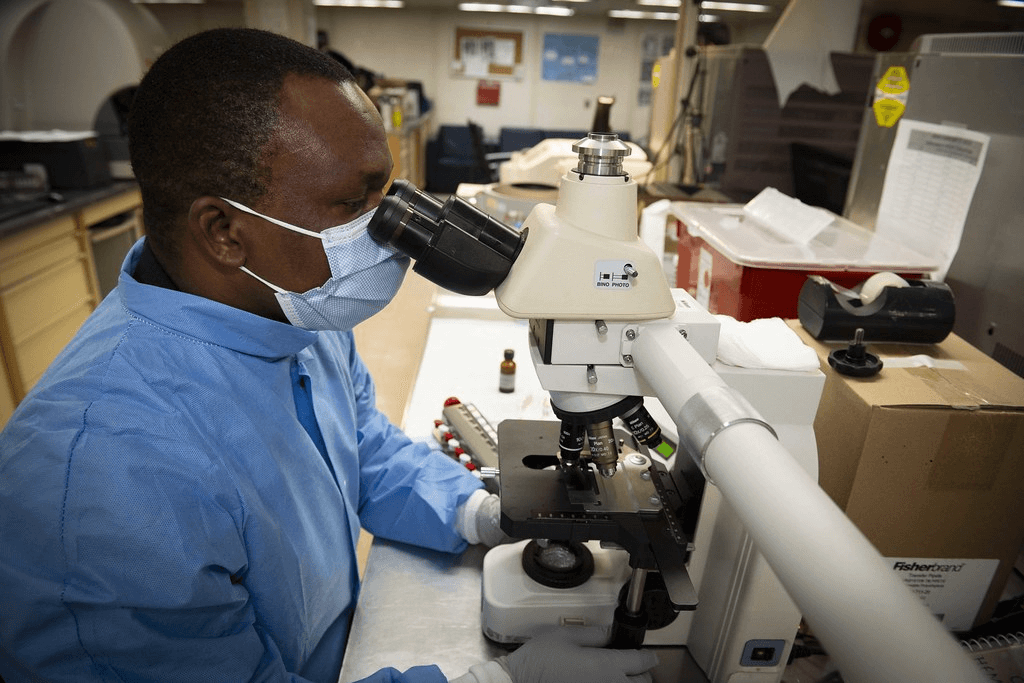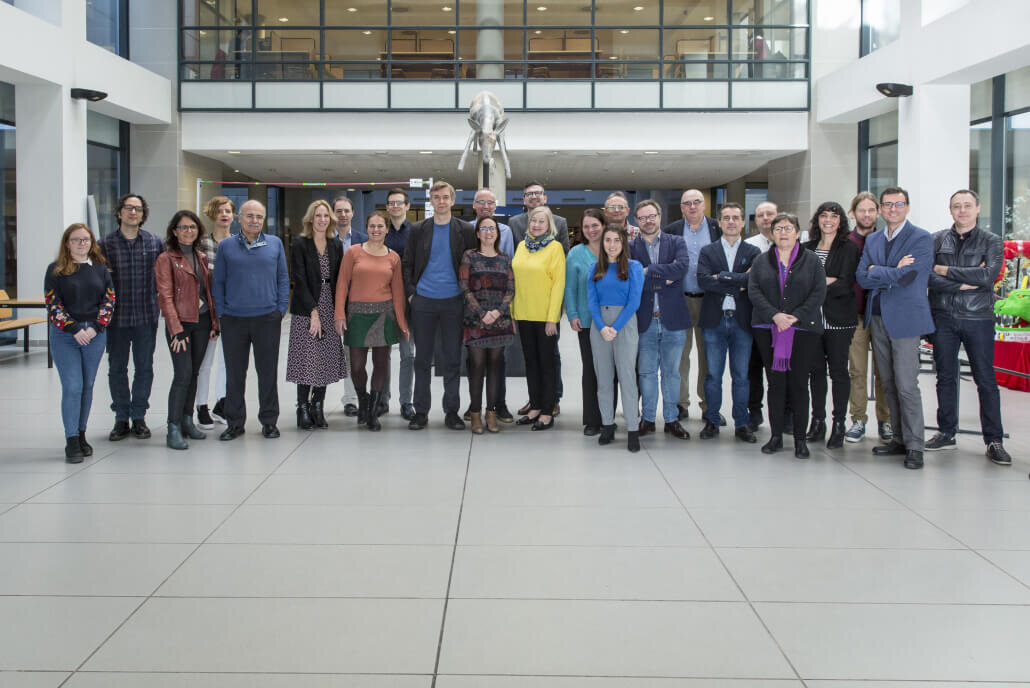Although this finding could predict academic success, educational achievements are largely influenced by factors such as income, occupation, health and longevity.
Image: Bigstockphoto
A study conducted on more than 1.1 million individuals from 15 different countries identified more than 1,200 genes linked to educational attainment. However, the effect of the genes found is weak, and the data can not predict educational achievements.
According to the website of the University of Colorado in Boulder, dozens of researchers worked for two years in this report and analyzed the genetic information and the number of completed school years of participants over 30 years of age.
The study found that people who carry an allele associated with educational attainment on average complete more grades or levels of education than others who carry a different allele of the same genetic variant; those individuals with the lowest genetic scores had only a 10% chance of graduating from college.
Although this finding may claim that academic success is inherited, educational attainment is mostly influenced by social and environmental factors such as income, occupation, health, and longevity.
“It would be completely misleading to characterize our results as identifying genes for education,” stated author Daniel Benjamin, associate professor at the Center for Economic and Social Research at the University of Southern California.
Many genetic variants found in the study affect genes that are active in the brains of fetuses and newborns. These genes influence the creation of neurons and brain cells; they influence the way they react to new information and the way they connect with each other. The above described affects our psychology, which in turn alters the way we succeed or fail through the educational journey.
The researchers point out that these findings are useful for the use of social and medical scientists who can explore the relationship between genetics and the environment to generate strategies to boost educational achievements.
This subject can be easily misinterpreted. Here is a Q&A website developed by the researchers to solve the most common doubts surrounding this matter.
This article from Observatory of the Institute for the Future of Education may be shared under the terms of the license CC BY-NC-SA 4.0 
)
)











)
Sofía García-Bullé
Sofía García-Bullé
Sofía García-Bullé